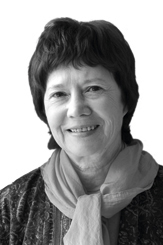A sprawling farm in Bedfordshire reaching over 1,300 acres is up for sale for the healthy sum of £17 million
There’s shooting, stalking, fishing, farming and houses aplenty within the golden acres of one of this country’s finest agricultural estates: Beckerings Park. Penny Churchill takes a look.
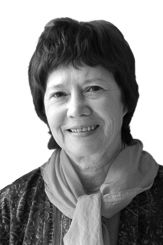
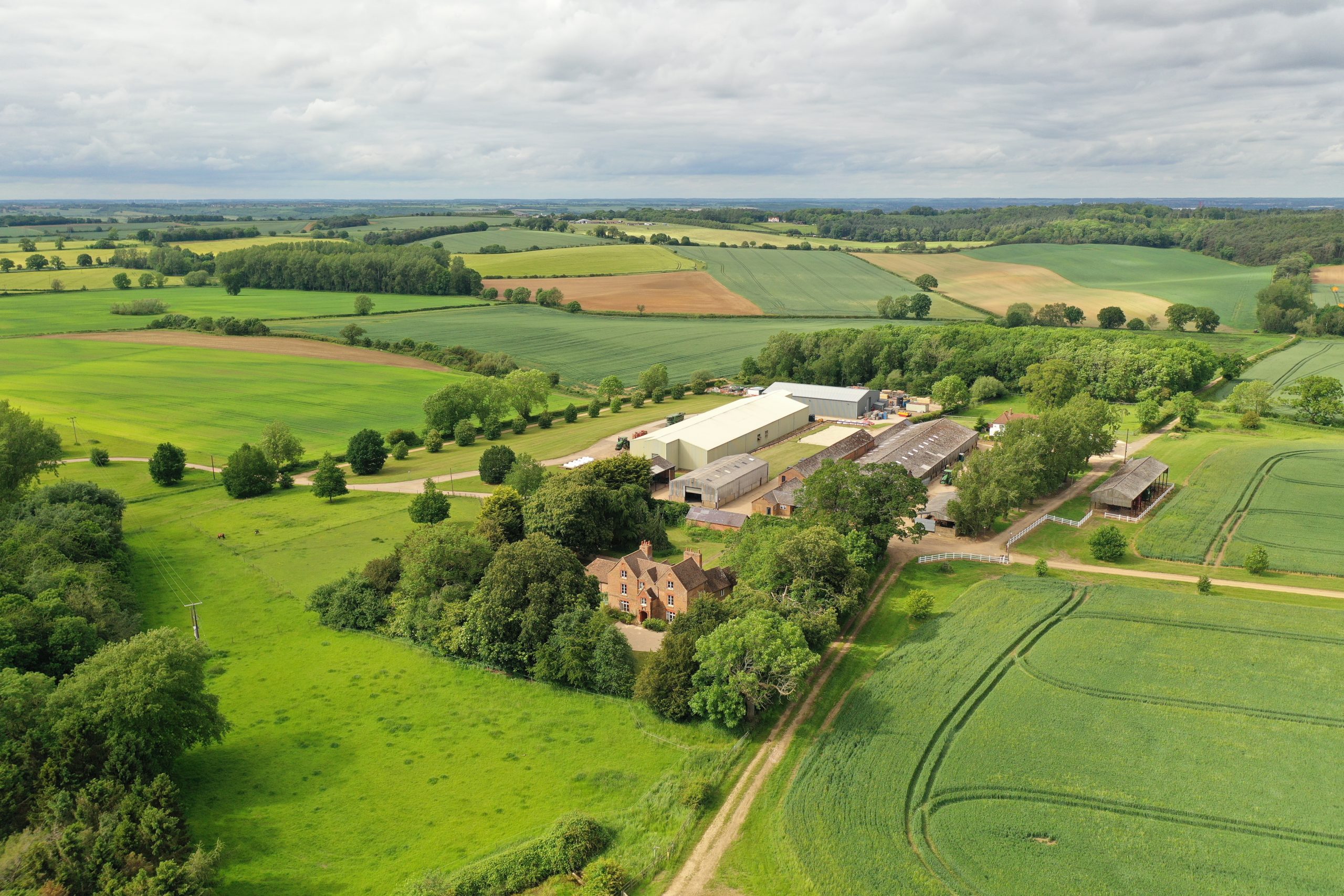
Against the backdrop of a record-breaking low supply of farmland for sale throughout the UK earlier in the year, the recent launch onto the market of one of England’s most prestigious farming estates — the 1,306-acre Beckerings Park estate in Bedfordshire — has attracted interest from farmers and investors alike.
‘With farming at a crossroads in the UK as the Basic Payments Scheme is gradually replaced by one of three Environmental Land Management Schemes, whereby farmers will be paid to manage their land in an environmentally sustainable way, large, high-quality farms offering economies of scale or opportunities for diversification are currently the most desirable,’ says Matthew Sudlow of Strutt & Parker, who is handling the sale of Beckerings Park at a guide price of £17 million for the whole.
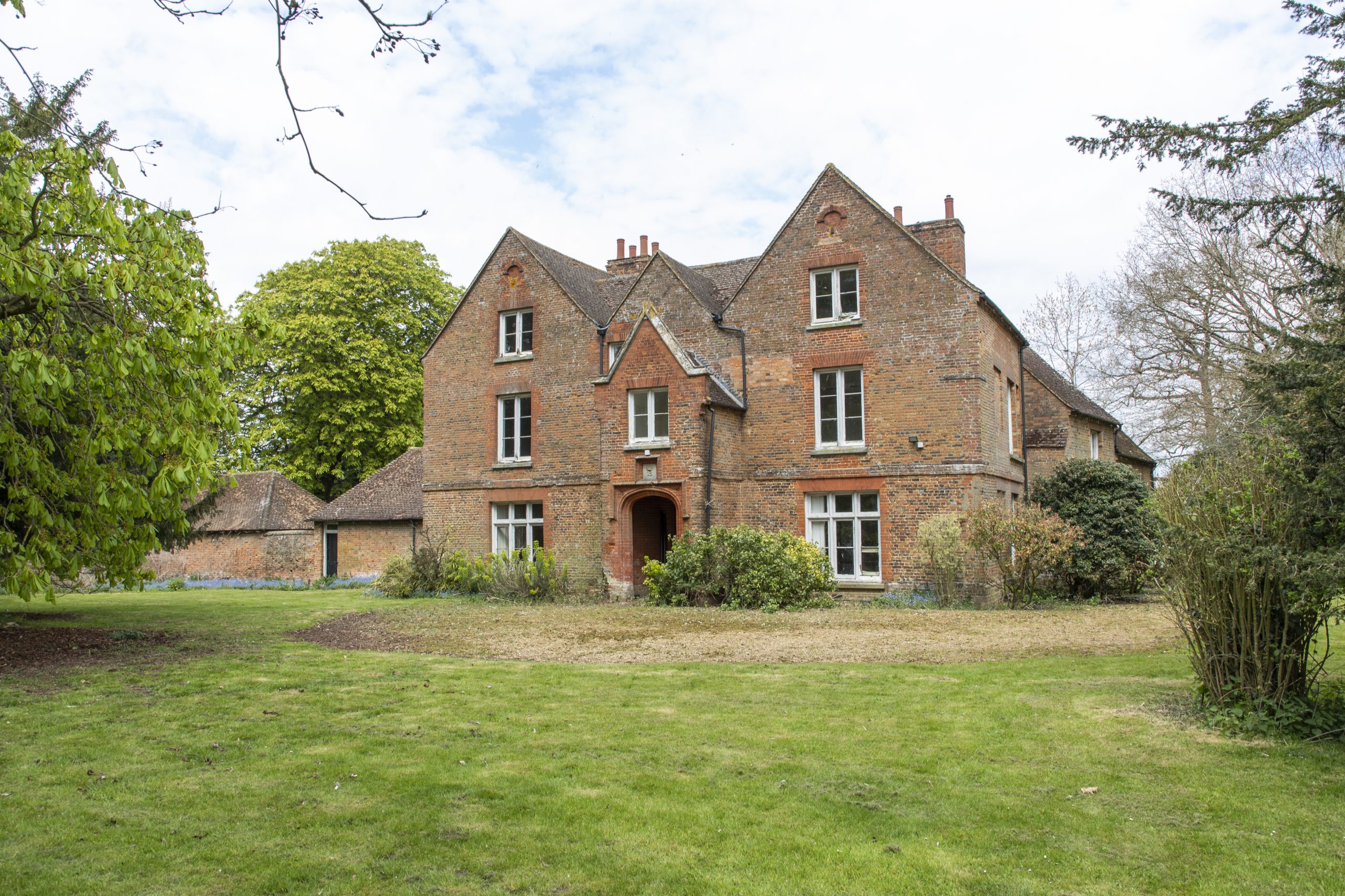
Unlike most of England’s great landed estates, Beckerings Park, near Ampthill, was never a manor, but a sizeable tract of land that can trace its origins to the early 14th century, when it was granted by the de Greys, later Earls of Kent, to John de Bekering, but later returned to the Grey family, descending with their Bedfordshire manor before passing to the Crown.
Beckerings was established as a royal deer park under Henry VIII and, in 1613, Thomas, Viscount Fenton, was appointed ‘master of the deare hounds in the Park of Bickeringe’.
He was succeeded by Sir William Crayford, from a well-known Ampthill family, who was knighted by James I. In 1675, Charles II granted the park to John Ashburnham, later 1st Baron Ashburnham, in lieu of royal debts and for services rendered to the Crown.
In the 18th and 19th centuries, Beckerings Park was owned by the Delmé-Radcliffe family, several of whom made fortunes trading in The Hague and the Levant, thereby establishing solid royal connections. In 1828, Emilius Henry Delmé-Radcliffe, who was Master of the Horse to George IV and William IV, sold the park to John, 6th Duke of Bedford.
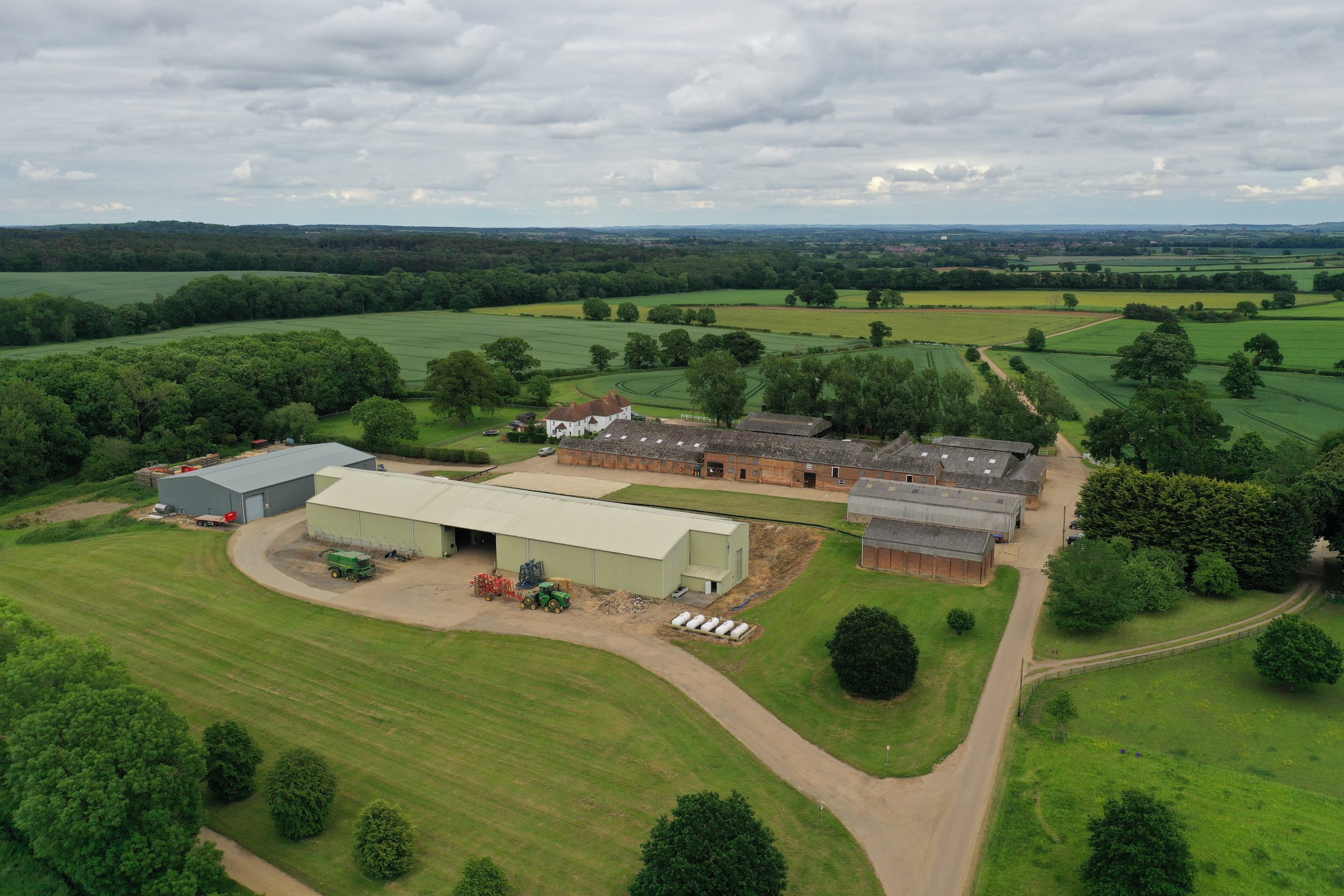
Beckerings remained part of the Woburn Estate until 1996, when it was offered for sale as one estate of almost 1,500 acres that included—in addition to Beckerings Park Lodge Farm—the neighbouring Segenhoe Manor Farm and Beckerings Park Manor Farm.
Exquisite houses, the beauty of Nature, and how to get the most from your life, straight to your inbox.
Today, Beckerings Park estate is an exceptionally diverse commercial farming enterprise acquired by its current owners some 10 years ago.
At its heart stands the Grade II-listed Beckerings Lodge Farmhouse, which dates from the 17th century with 19th-century extensions. Screened from the main farmyard by mature trees and hedgerows, the 5,866sq ft house, built of brick under a tile roof, has accommodation on three floors, the whole in need of complete renovation.
Other property assets include six estate cottages and eight office units in the business park that, together with a telecom mast, yield an annual rental income of £124,835.
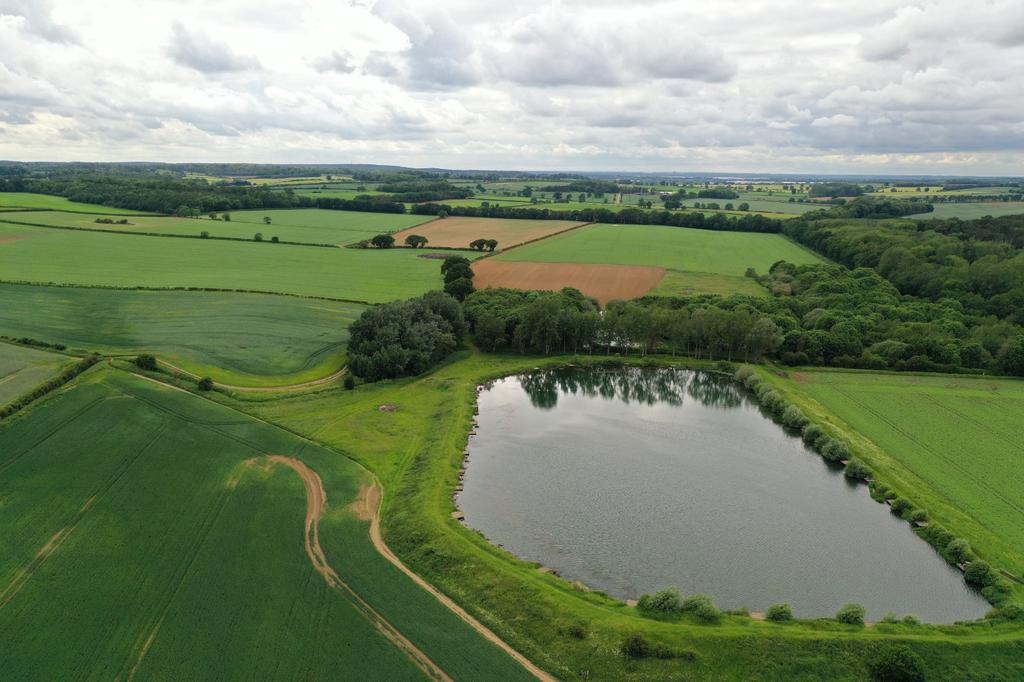
Situated in the middle of the estate and approached by a private tarmac drive, the farm buildings at Beckerings Park have been developed over the past 20 years.
They include four separate onion and grain stores with automatic temperature and humidity controls; a cold store previously used for storing bulbs and flowers, but now occupied by a commercial tenant; machinery stores and workshops; former cattle sheds, a covered stock yard and straw barn; and a range of traditional brick buildings currently used by the estate shoot.
Most of the land is a deep, well-drained sandy and coarse loam suitable for cereals, potatoes and some horticultural crops, while the western side of the farm is a fine loam over clay, suitable for winter cereals and some sugar beet.
A 21-million-gallon reservoir allows the farm to grow a variety of crops including potatoes, onions, asparagus, bulbs and flowers, as well as the more conventional wheat, beans, barley, oilseed rape and peas. A fishing licence worth £7,000 a year allows a local club to fish the reservoir until 2023.
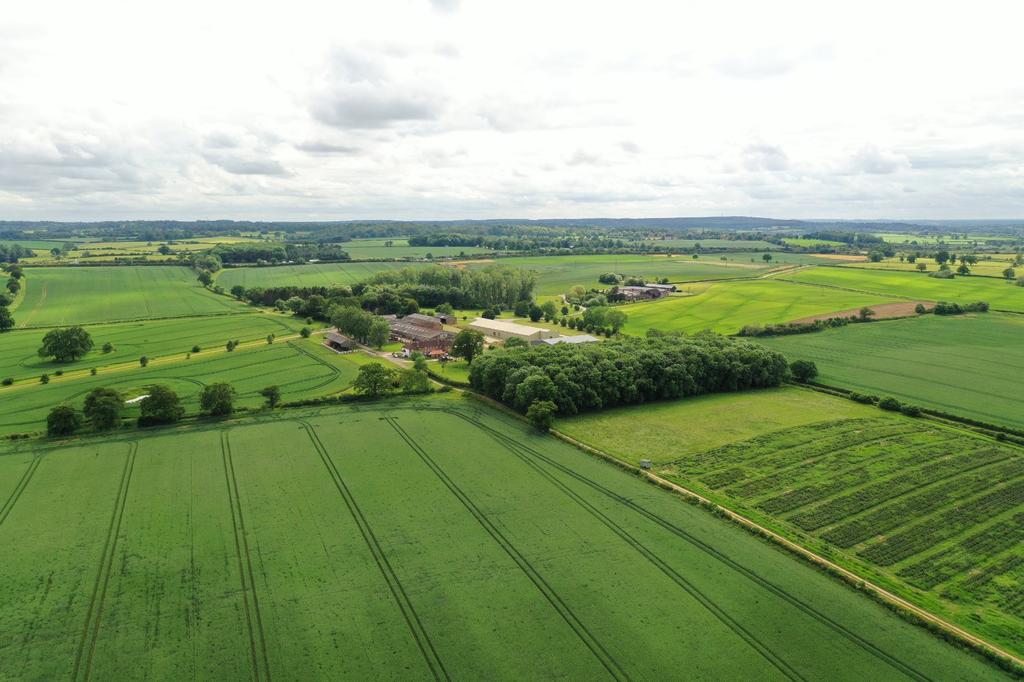
Beckerings Park is home to a renowned driven partridge and pheasant shoot, the rights to which are let until April 2022. It is also home to a managed deer herd that includes a reputed 10% of the global Chinese water-deer population, one of a number of non-native species introduced by the 11th Duke of Bedford to his deer park at Woburn in the late 19th century.
Beckerings Park is currently on the market via Strutt & Parker for £17 million — see more pictures, or enquire with the agent for further details.
Lidlington: What you need to know
Location: Lidlington is a small village in Bedfordshire located 11 miles from Milton Keynes, 14 miles from Bedford and 45 miles from central London. Luton airport is located 16.5 miles to the south, and there are fast train services from Milton Keynes and Flitwick that run into central London.
Atmosphere: This small community has a local church and two pubs — the Green Man and Royal Oak. Local amenities can be found in the neighbouring villages of Flitwick and Ampthill.
Things to do: Millbrook Golf Club is situated close by, as is Woburn Safari Park. Brogborough Lake (also known as Lidlington Lake) is popular for open water swimming, stand-up paddle boarding and fishing. Nearby Milton Keynes is home to the largest covered shopping centre in Europe, and has numerous restaurants, bars and leisure facilities.
Schools: Thomas Johnson Lower School, Ridgmont Lower School and Flitwick Lower School are all local primary options, with options for secondary closer to Bedford and Milton Keynes, including Bedford Girl's School and Goldington Academy.
See more property for sale in the area.
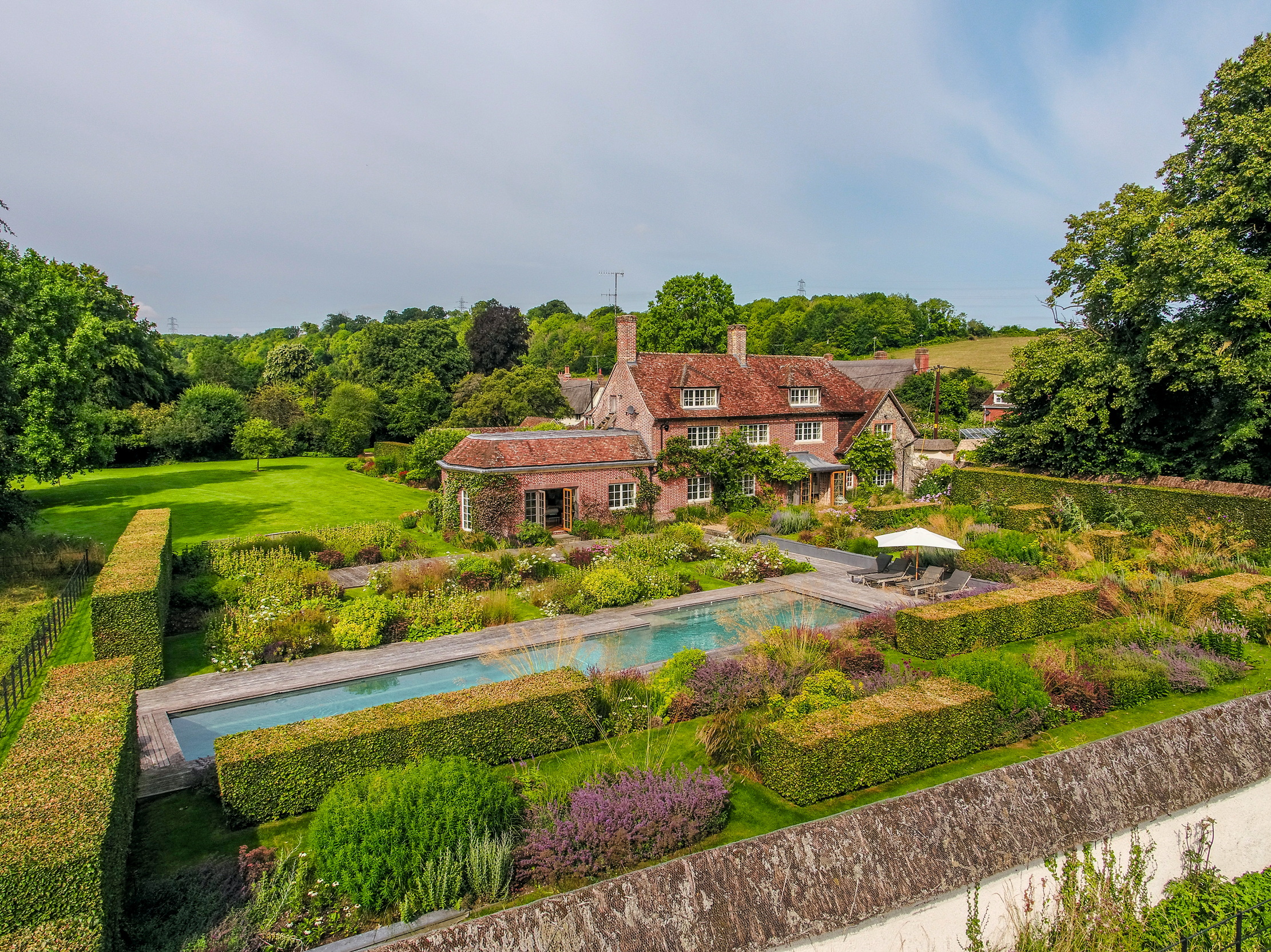
Credit: Strutt and Parker
Best country houses for sale this week
An irresistible West Country cottage and a magnificent Cumbrian country house make our pick of the finest country houses for

